
Code: 04478058
Cosmology and Self in the Apostle Paul
by Engberg-Pedersen
Cosmology and Self in the Apostle Paul challenges the traditional reading of Paul. Troels Engberg-Pedersen argues that the usual, mainly cognitive and metaphorical, ways of understanding central Pauline concepts, such as 'being in ... more
- Language:
 English
English - Binding: Hardback
- Number of pages: 304
Publisher: Oxford University Press, 2010
- More about this

You might also like
-

Atlas of Knee Arthroscopy
222.76 € -

Love in a Cold Climate
11.29 € -28 % -

Horse Stable and Riding Arena Design
241.23 € -

Longest Siege
38.55 € -

Pathways: Listening, Speaking, and Critical Thinking 4 with Online Access Code
45.61 € -
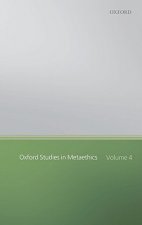
Oxford Studies in Metaethics
58.74 € -

Exodus to Shanghai
44.81 € -18 %
Give this book as a present today
- Order book and choose Gift Order.
- We will send you book gift voucher at once. You can give it out to anyone.
- Book will be send to donee, nothing more to care about.
More about Cosmology and Self in the Apostle Paul
You get 525 loyalty points
 Book synopsis
Book synopsis
Cosmology and Self in the Apostle Paul challenges the traditional reading of Paul. Troels Engberg-Pedersen argues that the usual, mainly cognitive and metaphorical, ways of understanding central Pauline concepts, such as 'being in Christ', 'having God's pneuma (spirit), Christ's pneuma, and Christ himself in one', must be supplemented by a literal understanding that directly reflects Paul's cosmology. Engberg-Pedersen shows that Paul's cosmology, not least his understanding of the pneuma, was a materialist, bodily one: the pneuma was a physical element that would at the resurrection act directly on the ordinary human bodies of believers and transform them into 'pneumatic bodies'. This literal understanding of the future events is then traced back to the Pauline present as Engberg-Pedersen considers how Paul conceived in bodily terms of a range of central themes like his own conversion, his mission, the believers' reception of the pneuma in baptism, and the way the apostle took the pneuma to inform his own and their ways of life from the beginning to the projected end. In developing this picture of Paul's world view, an explicitly philosophically oriented form of interpretation ('philosophical exegesis') is employed, in which the interpreter applies categories of interpretation that make sense philosophically, whether in an ancient or a modern context. For this enterprise Engberg-Pedersen draws in particular on ancient Stoic materialist and monistic physics and cosmology - as opposed to the Platonic, immaterialist and dualistic categories that underlie traditional readings of Paul - and on modern ideas on 'religious experience', 'self', 'body' and 'practice' derived from Foucault and Bourdieu. In this way Paul is shown to have spelled out philosophically his Jewish, 'apocalyptic' world view, which remains a central feature of his thought. The book states the cosmological case for the author's earlier 'ethical' reading of Paul in his prize-winning book, Paul and the Stoics (2000).
 Book details
Book details
Book category Books in English Humanities Religion & beliefs Christianity
209.54 €
- Full title: Cosmology and Self in the Apostle Paul
- Author: Engberg-Pedersen
- Language:
 English
English - Binding: Hardback
- Number of pages: 304
- EAN: 9780199558568
- ISBN: 0199558566
- ID: 04478058
- Publisher: Oxford University Press
- Weight: 580 g
- Dimensions: 241 × 163 × 22 mm
- Date of publishing: 18. March 2010
Trending among others
-
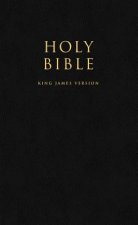
The Holy Bible - King James Version
11.50 € -

The Neville Goddard Collection
29.46 € -
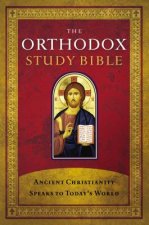
Orthodox Study Bible, Hardcover
44 € -12 % -

Holy Bible: English Standard Version (ESV) Anglicised Black Gift and Award edition
12.20 € -22 % -
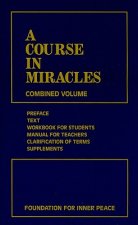
A Course in Miracles
25.63 € -11 % -

NKJV, Gift and Award Bible, Leather-Look, Pink, Red Letter, Comfort Print
8.67 € -22 % -

NIV Holy Bible (Hodder Classics)
7.96 € -21 % -

Wild at Heart Expanded Edition
15.23 € -28 % -

ESV Economy Bible
4.94 € -18 % -

Habits of a Godly Woman
9.48 € -16 % -

101 Questions to Ask Before You Get Engaged
11.60 € -23 % -

NRSV, Catholic Bible, Gift Edition, Leathersoft, White, Comfort Print
27.75 € -21 % -
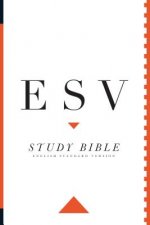
ESV Study Bible, Personal Size
33.40 € -20 % -
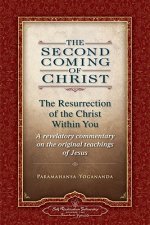
Second Coming of Christ
37.84 € -

How to Lead When You're Not in Charge
13.31 € -28 % -
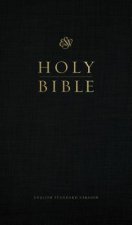
ESV Church Bible
10.59 € -26 % -

New Catholic Bible
41.17 € -

Gospel of Mary of Magdala
30.07 € -

Anna, Grandmother of Jesus
14.93 € -17 % -

Complete Jewish Study Bible
38.95 € -22 % -
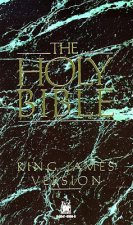
Holy Bible
7.96 € -22 % -

Complete Dead Sea Scrolls in English (7th Edition)
15.74 € -14 % -

Feeling is the Secret
9.88 € -

Jesus Calling, Small Brown Leathersoft, with Scripture References
16.95 € -19 % -
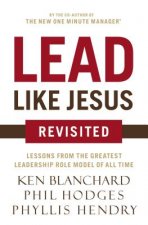
Lead Like Jesus Revisited
13.31 € -28 % -

What on Earth Am I Here For? Purpose Driven Life
4.94 € -18 % -

Sign And The Seal
11.29 € -28 % -

Ryrie Study Bible-KJV
56.62 € -18 % -

Total Forgiveness
16.14 € -19 % -
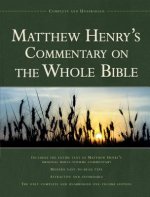
Matthew Henry's Commentary on the Whole Bible
33.70 € -17 % -

CSB She Reads Truth Bible, Hardcover
31.99 € -21 % -

Amplified Holy Bible, Paperback
18.26 € -28 % -
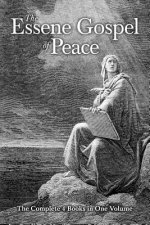
Essene Gospel of Peace
31.48 € -

KJV Gift & Award Bible, Imitation Leather, Black
8.97 € -3 % -
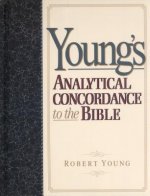
Young's Analytical Concordance to the Bible
17.45 € -17 % -

Just Like Jesus
16.95 € -19 % -

Secret Power of Speaking God's Word
14.32 € -25 % -

HOLY BIBLE: King James Version (KJV) White Compact Gift Edition
17.25 € -28 % -

George MacDonald
11.09 € -22 % -

Gospel of Mary Magdalene
12.81 € -20 % -
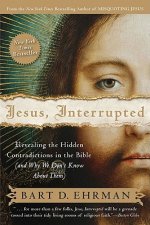
Jesus, Interrupted
16.14 € -19 % -

It Is Finished - Finding Lasting Victory Over Sin
11.29 € -28 % -

How to Be an Adult
11.40 € -28 % -

Rules of Engagement for Overcoming Your Past
10.39 € -18 % -
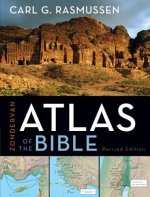
Zondervan Atlas of the Bible
35.12 € -19 % -

When Kingdoms Clash
25.12 € -
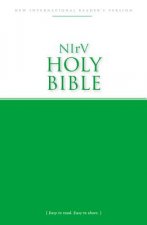
NIrV, Economy Bible, Paperback
6.05 € -18 % -

Calvin on the Christian Life
21.99 € -9 % -

Heavenly Man
12.81 € -18 %
Collection points Bratislava a 2642 dalších
Copyright ©2008-24 najlacnejsie-knihy.sk All rights reservedPrivacyCookies



 15549 collection points
15549 collection points Delivery 2.99 €
Delivery 2.99 € 02/210 210 99 (8-15.30h)
02/210 210 99 (8-15.30h)